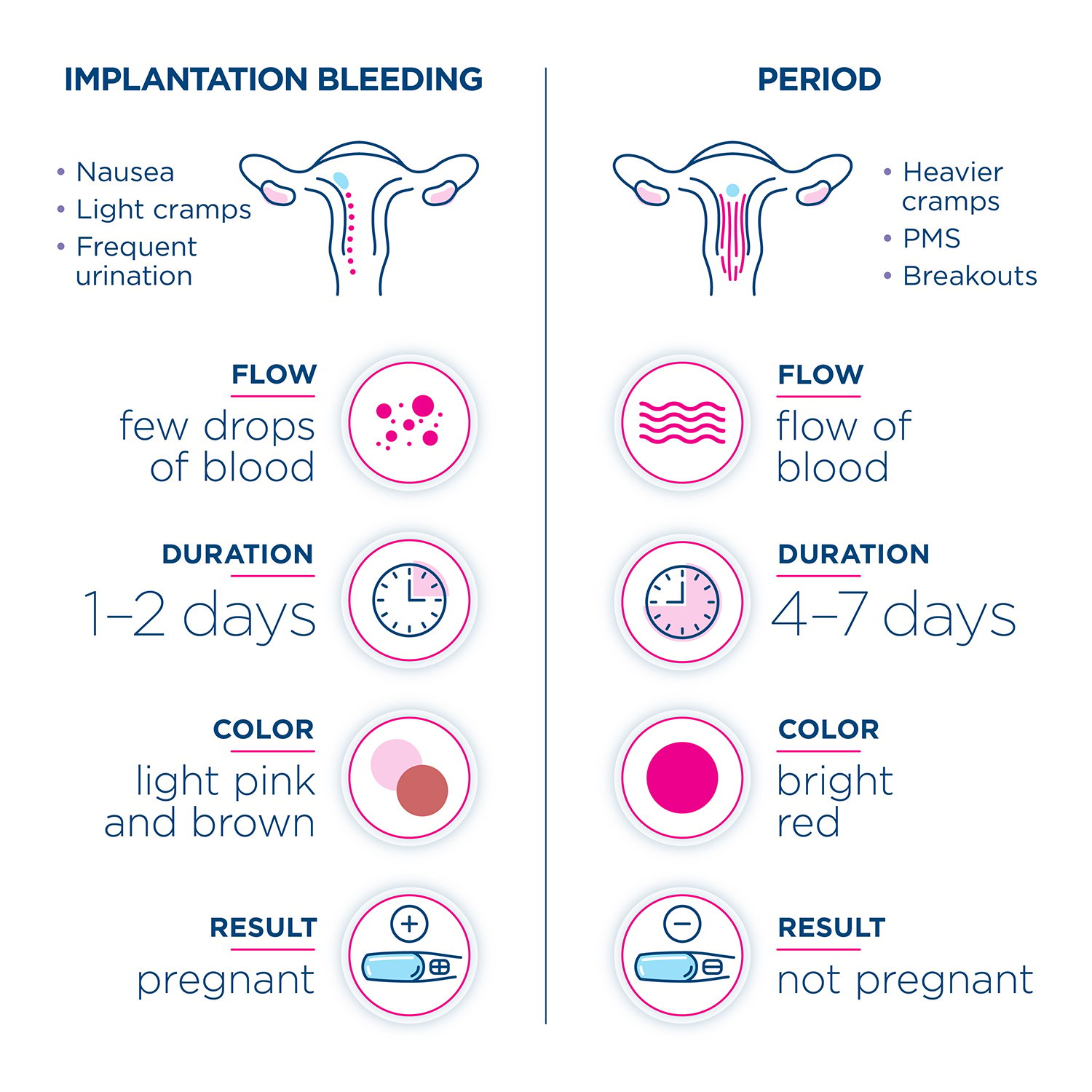
Pregnancy: A Comprehensive Guide to the Journey of Motherhood
Pregnancy, a transformative period in a woman’s life, is a journey marked by profound physical, emotional, and hormonal changes. It encompasses the development of a new life within the mother’s womb, culminating in the birth of a child. Understanding the complexities of pregnancy is crucial for expectant mothers and their support systems to navigate this extraordinary experience with confidence and well-being.
Conception and Early Pregnancy
Pregnancy begins with conception, the fertilization of an egg by a sperm. The fertilized egg, now known as a zygote, travels through the fallopian tube and implants in the lining of the uterus. This process, known as implantation, typically occurs around 10-14 days after conception.
In the early stages of pregnancy, the embryo rapidly develops, forming the placenta, which serves as the lifeline between the mother and the growing fetus. The placenta facilitates the exchange of nutrients, oxygen, and waste products between the two.
During the first trimester (weeks 1-12), the embryo undergoes rapid growth and differentiation, forming the major organs and systems of the body. Common symptoms of early pregnancy include fatigue, nausea, breast tenderness, and frequent urination.
The Second Trimester: Growth and Development
The second trimester (weeks 13-27) is characterized by significant fetal growth and development. The fetus becomes more active, and its movements can be felt by the mother. The mother’s body also undergoes changes to accommodate the growing uterus, including an increase in blood volume and a shift in the center of gravity.
During this trimester, prenatal care becomes increasingly important, with regular checkups and screenings to monitor the health of both the mother and the fetus. Common symptoms of the second trimester include increased appetite, heartburn, and leg cramps.
The Third Trimester: Preparing for Birth
The third trimester (weeks 28-40) is a time of preparation for labor and delivery. The fetus continues to grow and mature, and the mother’s body prepares for the upcoming birth. The uterus expands significantly, and the mother may experience increased back pain, shortness of breath, and swelling.
As the due date approaches, the mother’s body undergoes hormonal changes that trigger the onset of labor. Labor is a complex process involving the rhythmic contractions of the uterus and the dilation of the cervix.
Labor and Delivery
Labor typically begins with mild contractions that gradually increase in intensity and frequency. The mother may experience a variety of sensations during labor, including pain, pressure, and the urge to push.
The first stage of labor involves the dilation of the cervix to 10 centimeters. The second stage involves the pushing phase, where the mother actively pushes the baby out of the birth canal. The third stage involves the delivery of the placenta.
Postpartum Recovery
After delivery, the mother enters the postpartum period, which typically lasts for 6-8 weeks. During this time, the mother’s body undergoes a series of changes to return to its pre-pregnancy state. These changes include uterine contractions, vaginal bleeding, and hormonal fluctuations.
Postpartum recovery also involves physical and emotional adjustments. The mother may experience fatigue, pain, and mood swings. It is essential for new mothers to receive adequate rest, support, and medical care during this period.
Prenatal Care and Nutrition
Prenatal care is vital for ensuring the health and well-being of both the mother and the fetus. Regular prenatal checkups allow healthcare providers to monitor the mother’s health, screen for potential complications, and provide guidance on nutrition and lifestyle.
A healthy diet is crucial during pregnancy. The mother should consume a balanced diet rich in fruits, vegetables, whole grains, and lean protein. Adequate hydration is also essential. Certain foods, such as raw fish, unpasteurized milk, and alcohol, should be avoided during pregnancy.
Exercise and Activity
Regular exercise during pregnancy is generally safe and beneficial. Exercise can help improve cardiovascular health, reduce back pain, and prepare the body for labor. However, it is important to consult with a healthcare provider before starting any exercise program during pregnancy.
Emotional and Mental Health
Pregnancy can be an emotionally challenging time. The mother may experience a range of emotions, including joy, anxiety, and mood swings. It is important to seek support from family, friends, or a therapist if needed.
Mental health conditions, such as depression and anxiety, can occur during pregnancy and postpartum. These conditions should be treated promptly to ensure the well-being of the mother and the baby.
Conclusion
Pregnancy is a transformative journey that brings both joy and challenges. Understanding the physical, emotional, and hormonal changes that occur during this period is essential for expectant mothers and their support systems. With proper prenatal care, a healthy lifestyle, and emotional support, women can navigate the pregnancy period with confidence and prepare for the arrival of their child.